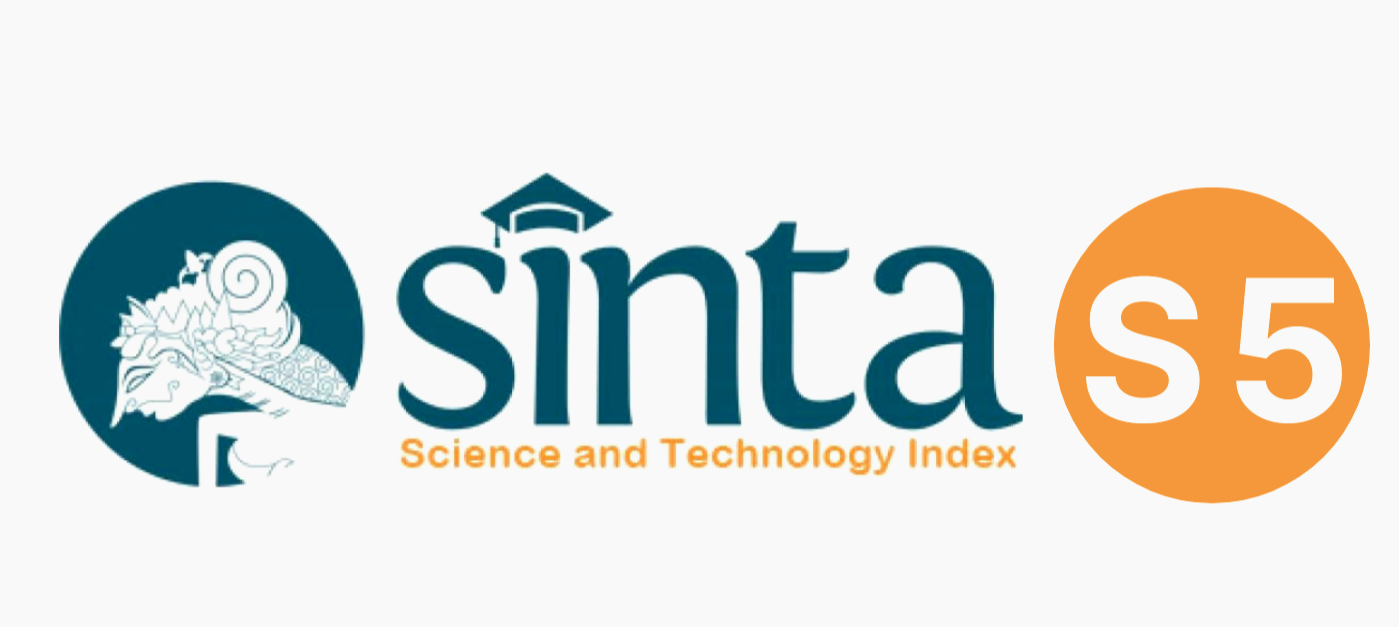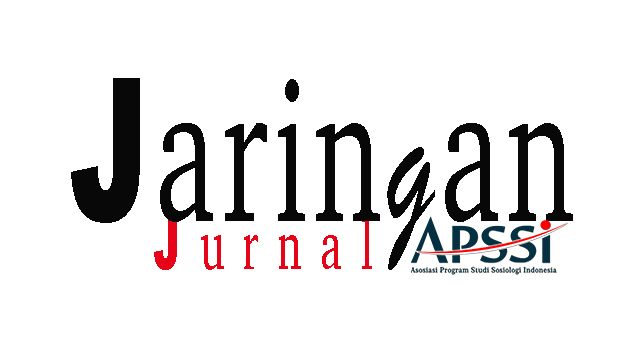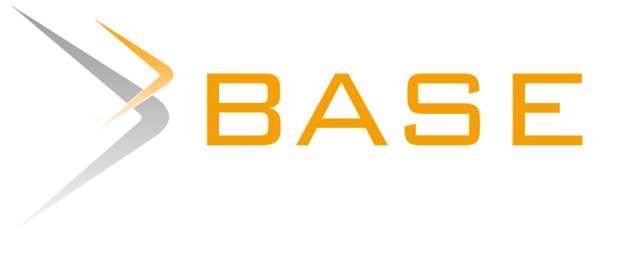Analisis Peranan Unsur Pimpinan Dalam Pengembangan Budaya Organisasi
 Abstract: 188
/
Abstract: 188
/  Abstract: 31
Abstract: 31
DOI:
https://doi.org/10.47753/je.v3i2.60Keywords:
Role, Leader, Organizational Culture.Abstract
This article is the result of research on the topic of Organizational Culture Development through the Role of Leaders in the North Indralaya District of Ogan Ilir Regency. The research was conducted by combining efforts in the form of roles carried out by the leadership towards the development of organizational culture. There are six dimensions of organizational culture that are examined by taking reference to the theory of organizational culture. The research was conducted with a descriptive qualitative method approach. The main informants of the research were the elements of leadership in the North Indralaya District of Ogan Ilir Regency. Data analysis was carried out with interactive methods from Miles and Hubberman. Triangulation is done by comparing various sources to check the validity of the research answers. The results of the research concluded that the leadership elements of the North Indralaya District of Ogan Ilir Regency were actively involved and played a role through various efforts in maintaining and developing six dimensions of organizational culture in accordance with the theoretical references used. The condition of organizational culture in the Indralaya North District Office in the qualitative context has also been running well. There are three influential supporting factors in developing a good and effective organizational culture in the Government of North Indralaya District. In addition to supporting factors there is also one inhibiting factor in the development of organizational culture in the Government of North Indralaya District.References
Arikunto, Suharsimi. 2006. Metode Penelitian Kualitatif. Jakarta: Bumi Aksara.
Armstrong, Michael. 1994. Manajemen Sumber Daya Manusia: A Handbook Of Human Resource Management. Jakarta: PT Elex Mediakomputindo.
Bonner, S.E., & Sprinkle, G.B. 2002. The effect of monetary incentive on effort and task performance: theories, evidence and framework of research. Accounting, Organization, and Society, 27 (5), 303-345.
Cheki, Yio. 1996. Budaya Perusahaan Cina. Jakarta: Universitas Indonesia.
Creswell. John W. 2010. Qualitative Inquiry and Research Design: Choosing Among Five Traditions. University of California: SAGE Publications, Inc.
Harahap, Sofyan Syafri. 2013. Analisis Kritis Atas Laporan Keuangan Edisi 11. Jakarta: Rajawali Pers.
Handoko, T. Hani. 2011. Manajemen Personalia dan Sumberdaya Manusia. Yogyakarta: Penerbit BPFE.
Ivancevich, M., dkk. 2006. Perilaku dan Manajemen Organisasi. Jakarta: Erlangga.
Marzuki. 1981. Pengorganisasian.Yogyakarta :Andi Offset.
Miles, Mathew B. Michael Huberman. 1984. Qualitative Data Analysis: A Sourcebook of New Methods. London: Sage Publication Inc.
Moleong, Lexy. 2002. Metodologi Penelitian Kualitatif. Bandung: PT. Remaja Rosdakarya.
Nadhiroh, S. A., 2010., Pengaruh Kompleksitas Tugas, Orientasi Tujuan, dan Self Efficacy Terhadap Kinerja Auditor Dalam Pembuatan Audit Judgement. Semarang: Universitas Diponegoro.
Natzir, Mohammad. 1983. Metode Penelitian.Jakarta: Ghalia Indonesia.
Robbins, Stephen P. and Judge, Timothy A. 2008. Perilaku Organisasi Edisi 12. Jakarta: Salemba Empat.
Schein, Edgar Henry. 1991. Organizational Culture and Leadership. San Fransisco: Oxford Jossey Bass Publisher.
Soehartono, Irawan. 2004. Metode Penelitian Sosial. Bandung: PT Remaja Rosdakarya.
Soekanto, Soerjono. 2006. Sosiologi Suatu Pengantar. Jakarta: PT. Raja Grafindo Persada.
Steinberg, Lawrence. 2002. Adolescence: Sixth edition, New York: McGraw Hill Inc.
Stup, R. 2001. Standard Operating Procedures : A Writing Guide. State College: Penn State University.
Susanto. 2006. Dasar-dasar Organisasi. Yogyakarta: Gadjah Mada University Press.
Sujatno, Adi. 2008. Traktat Etis Kepemimpinan Nasional. Jakarta: Penerbit Wahana Semesta Intermedia.
Sutarto, Wijono. 2012. Psikologi Industri dan organisasi Edisi Revisi. Jakarta: Penerbit Kencana Prenada Group.
Tampubolon, Manahan P. 2008. Perilaku Keroganisasian: Perspektif Organisasi Bisnis. Bogor: Ghalia Indonesia.
Winardi. 2011. Kepemimpinan dalam Manajemen. Jakarta: PT. Rineka Cipta.
Downloads
Published
Issue
Section
License
Articles published in Jurnal Empirika are licensed under the International License of Creative Commons Allowance-ShareAlike 4.0. The author is free to use any media to copy, change, or redistribute the paper, provided the author gives credit to the original author and this journal, links to the license, shows if modifications have been made, and redistributes it in the same permission. The author grants the right to any third party to use their posts following the Creative Commons Attribution-Share Alike International 4.0.











